
Nigerian Health Insurance Schemes you can Benefit From
About 14.6% of Nigerians are unable to access adult medical services while 11.7% are unable to access child healthcare services. Another 9.5% cannot access maternal health care services.
Tag

About 14.6% of Nigerians are unable to access adult medical services while 11.7% are unable to access child healthcare services. Another 9.5% cannot access maternal health care services.
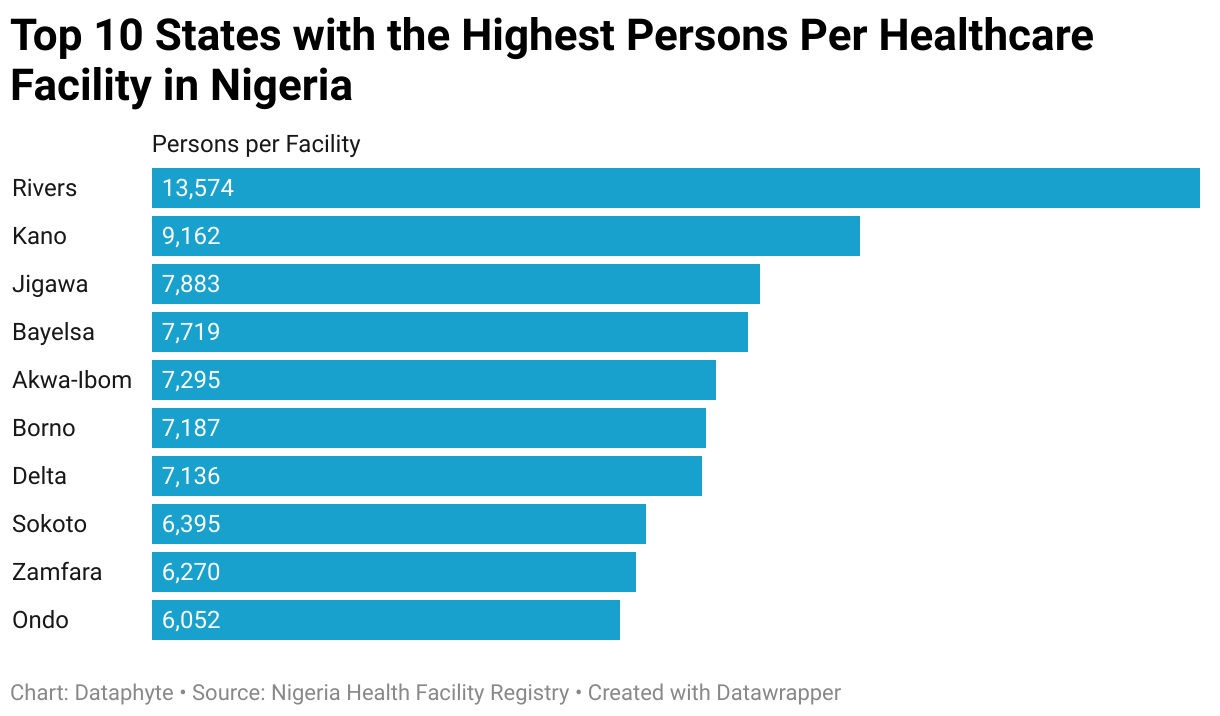
According to data from the Federal Ministry of Health’s Health Facilities Register, Nigeria has 40,017 operational hospitals and clinics spread across the country’s 36 states and the Federal Capital Territory. The health facilities are jointly owned by the government and private sector operators.

The Nigerian healthcare sector has faced a series of challenges, with multiple reports noting alarming deterioration in health service delivery.

After a year-long break due to the Covid 19 travel restrictions, President Buhari has resumed his usual medical trips to the United Kingdom. This is in spite of the huge annual budget allocations to his official hospital at the Villa. The federal government had budgeted N6.4 billion for the Aso Villa Clinic in the past 6 years.

The UN seems to recognise the Nigerian government’s proactiveness against COVID-19, but what can we say about her healthcare, particularly family planning (FP).
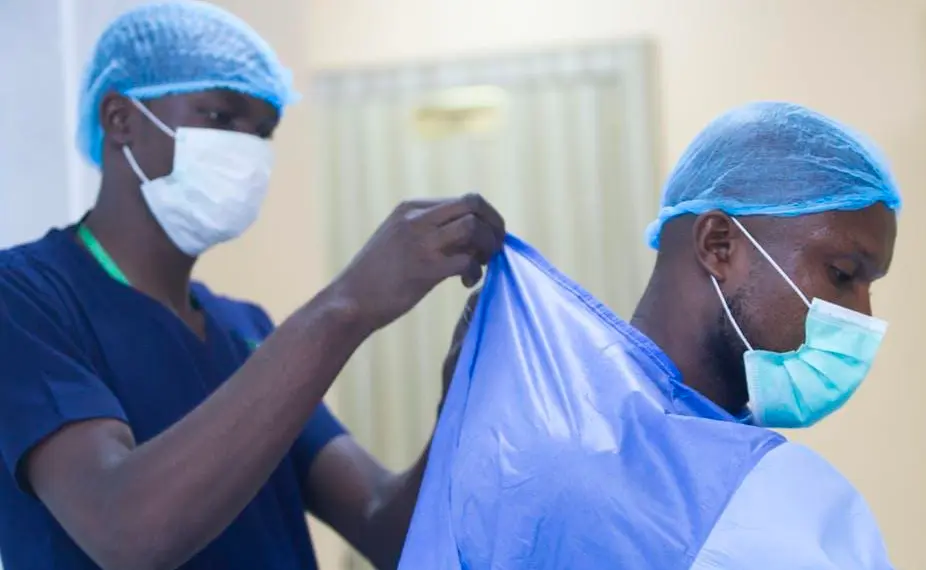
It takes a Nigerian an average of 21.3 minutes to receive a health consultation. According to the 2019 General Household Survey, this commute time is even greater in rural communities with a 22.4-minute estimate. Beyond this time lag, a real discrepancy in the healthcare infrastructure of the Giant of Africa lies.

According to the World Health Organization (WHO), key characteristics of good health service delivery include comprehensiveness, accessibility, quality, and inclusive coverage. It should also be people-centred and well-coordinated. Accountability and efficiency are also important in healthcare delivery.
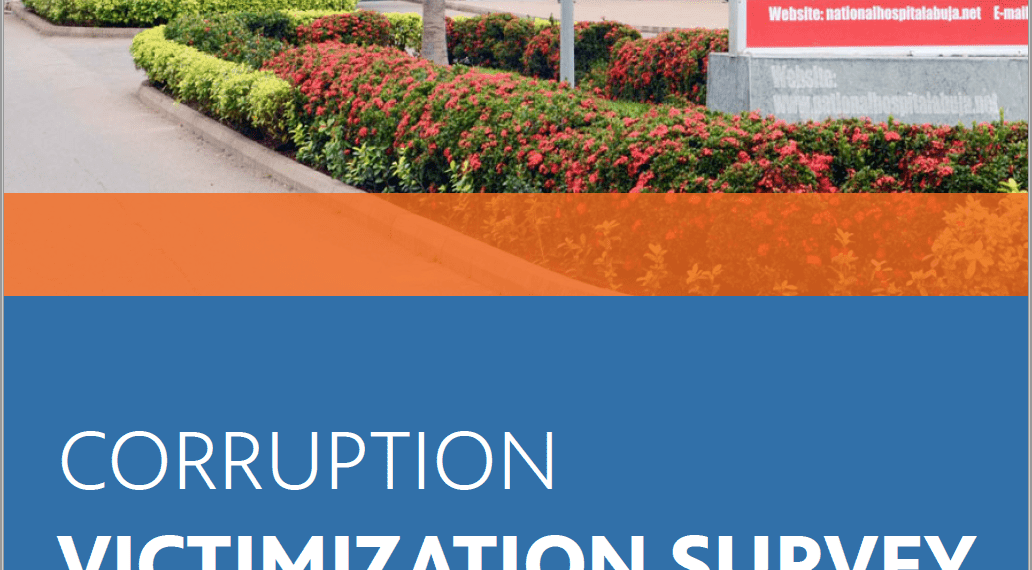
The report, Corruption Victimization Survey In Nigeria, has revealed that the most prevalent form of corruption that exists in the health care sector is the collection of financial tips from patients in the process of accessing health care. The study was carried out by TapNitiative for Citizens Development and Dataphyte.
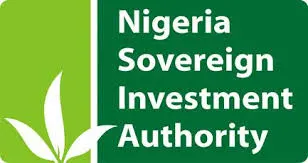
Since its inception in 2012, the National Sovereign Investment Authority (NSIA) has focused on enhancing the development of five key infrastructural sectors. They include; agriculture, healthcare, motorways, real estate and power. According to NETI’s recent report as of 2016, NSIA had made a capital contribution of $1,277, 653 in agriculture, N16,111,308 on the second Niger bridge and about N3,000,000,000 on Nigeria equity and shares. While the majority of its investments have been on agriculture, healthcare, motorways and real estate, no investment has been made in power infrastructure despite the strategic importance of power to Nigeria’s economy.
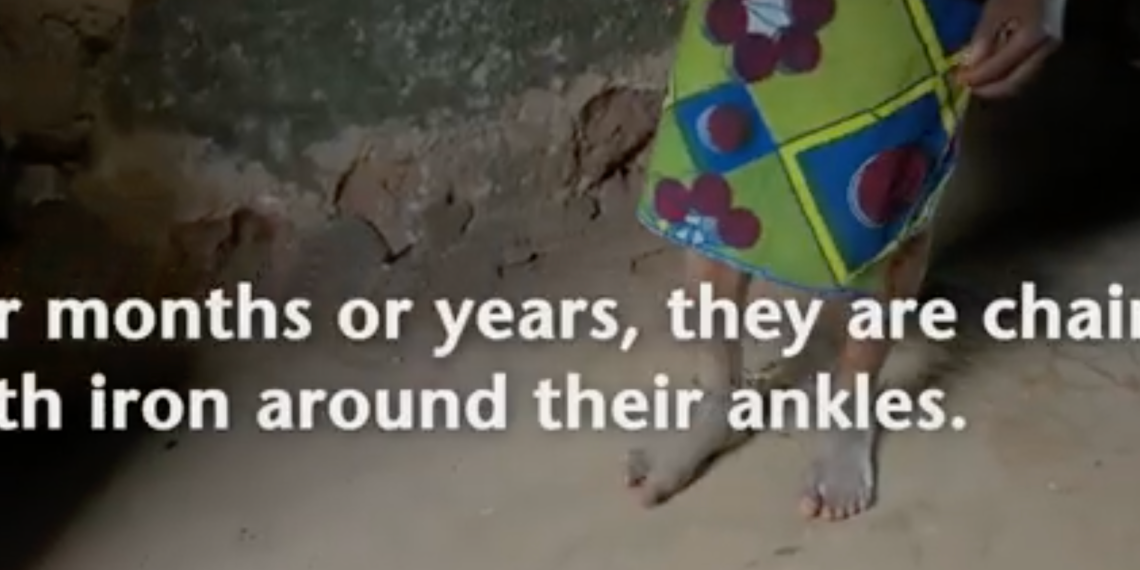
A report by the Human Rights Watch has said that thousands of Nigerians with mental health conditions across Nigeria are chained and locked up in various facilities where they face terrible abuse.
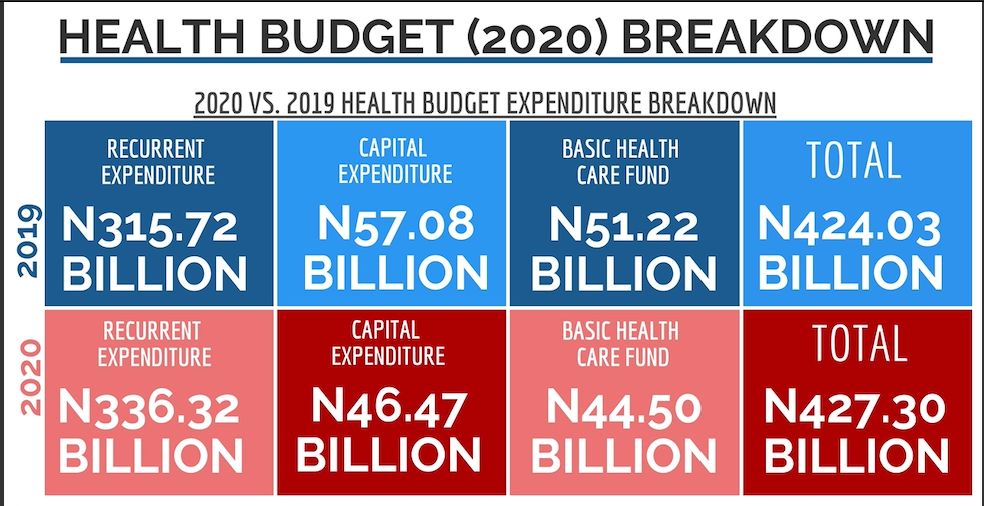
The federal government has deemed it fit that two thousand naira (N2,000) would be enough in the year 2020 to provide for the healthcare of each of the estimated 200 million Nigerians. This is according to the meagre 427.3 billion naira being budgeted for Healthcare in the proposed 2020 national budget.